Project findings provide essential insight into the last British–Irish ice sheet
Understanding more about the north-west European continental shelf and improving forecasting for the Antarctic and Greenland ice sheets.
29/09/2022 By BGS Press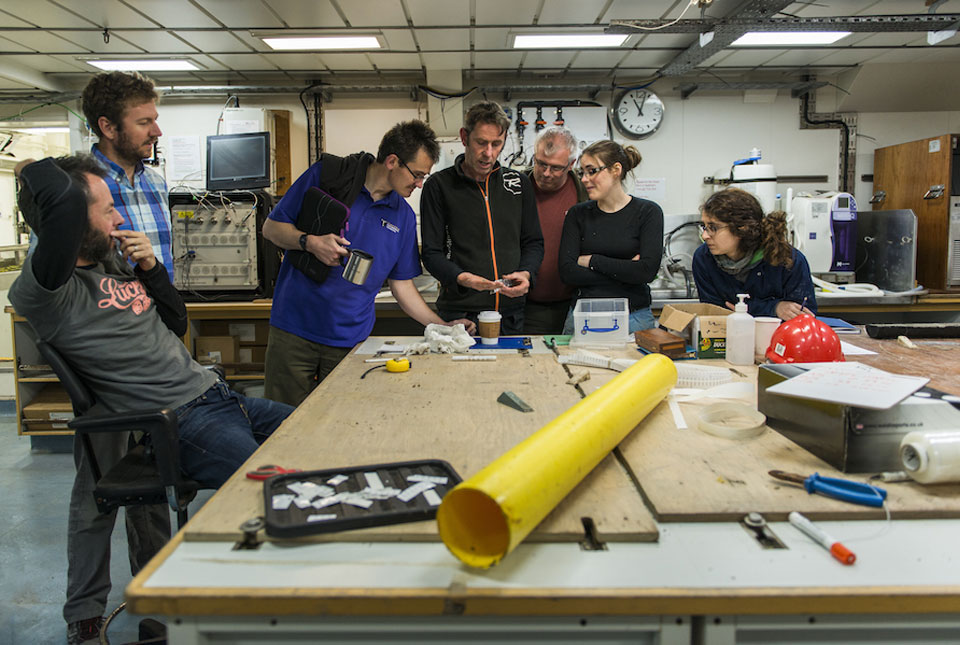
A paper marking the culmination of a highly successful project into a former ice sheet is helping researchers to understand more about the north-west European continental shelf. It’s also helping improve forecasting for the Antarctic and Greenland ice sheets.
The five-year, £3.7 million BRITICE-CHRONO consortium, funded by NERC, took on the most ambitious geochronological project yet, encompassing on- and offshore mapping around the UK and Ireland to better describe and understand the growth and decay of the last British–Irish ice sheet.
BRITICE research included 1500 days of field investigation yielding 18 000 km of marine geophysical data, 377 cores of sea-floor sediment and geomorphological and stratigraphical information at over one hundred sites on land. This enabled the generation of 690 new geochronometric ages, which were collected to understand the timings, coverage and retreat of the British–Irish ice sheet and to provide a geochronological framework between 31 000 and 15 000 years ago.
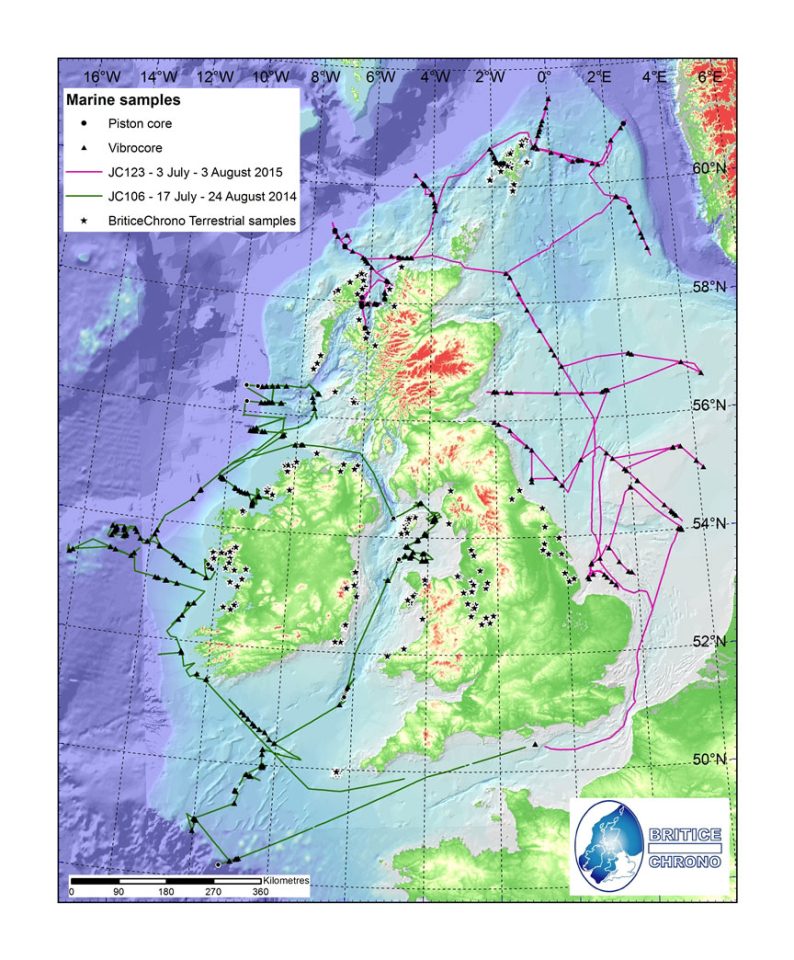
Voyages around a former ice sheet. © BRITICE-CHRONO
The findings bear a strong similarity to the dynamics and evolving configuration in the Antarctic today, enabling scientists to refine and improve current ice sheet modelling approaches. It will also aid researchers investigating regional palaeoenvironments as well as those working on offshore development (e.g. offshore renewables) and marine management.
BGS is proud to have played a role in this important project. The paper compiles and distils many of the detailed findings from the onshore work and offshore transects of the project and will serve as a useful resource to inform and expand on current knowledge on the evolution of the British–Irish ice sheet.
Dayton Dove, BGS Marine Geoscientist.
BGS scientists participated in and contributed to the project by providing expertise, data and information to support planning, implementation and interpretation of survey and project results. The offshore coring was also carried out by BGS engineering teams.
Two reconstructions of the ice sheet were developed: an empirical version and one that combines modelling and the new empirical evidence. Palaeoglaciological maps of ice extent, thickness, velocity and flow geometry at thousand-year time intervals were also produced.
The paper, Growth and retreat of the last British–Irish Ice Sheet, 31 000 to 15 000 years ago: the BRITICE-CHRONO reconstruction, was published in BOREAS.
Relative topics
Related news
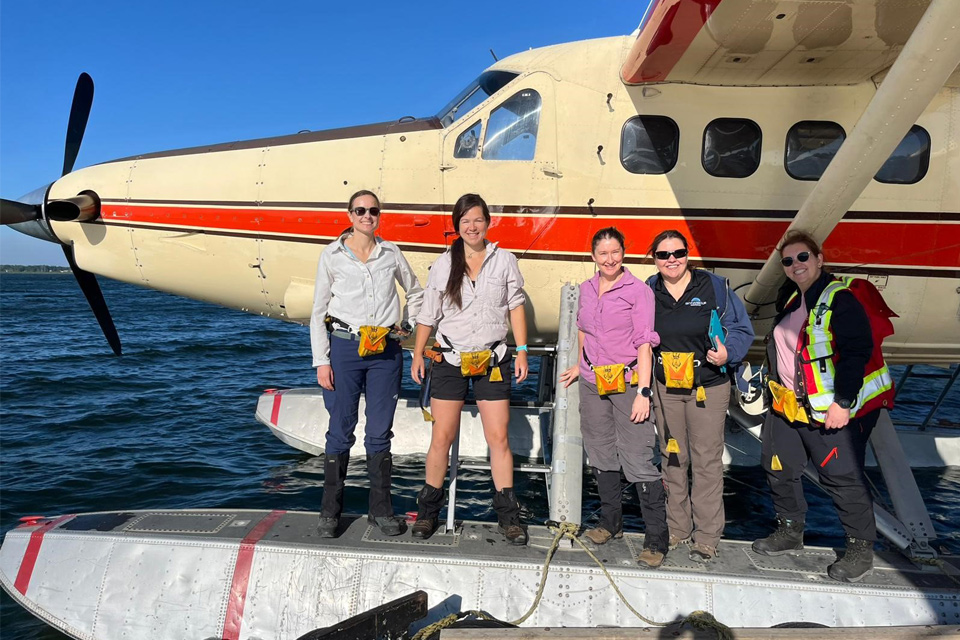
Funding awarded to UK/Canadian critical mineral research projects
08/07/2025
BGS is part of a groundbreaking science partnership aiming to improve critical minerals mining and supply chains.
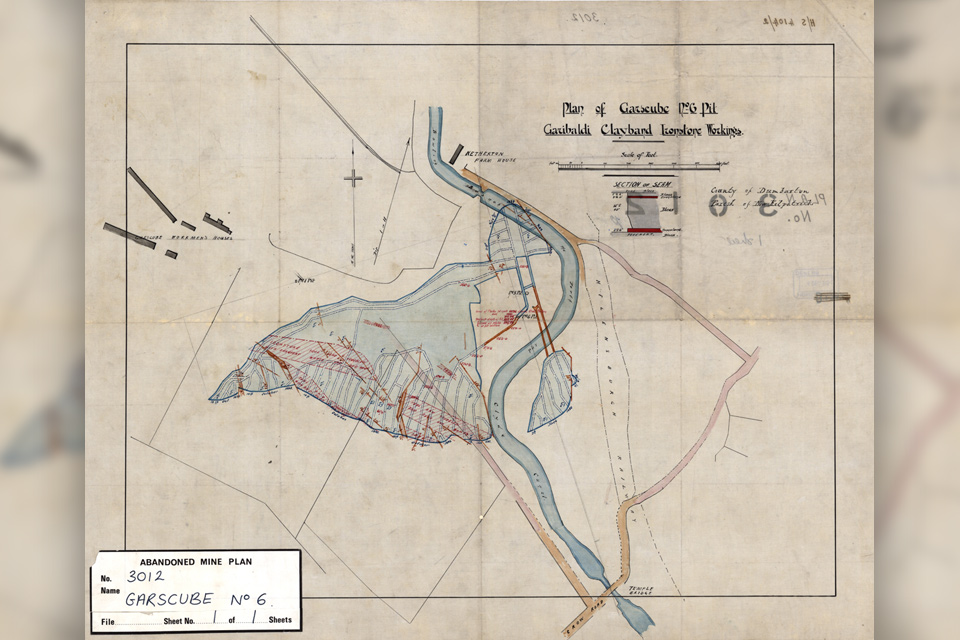
Release of over 500 Scottish abandoned-mine plans
24/06/2025
The historical plans cover non-coal mines that were abandoned pre-1980 and are available through BGS’s plans viewer.
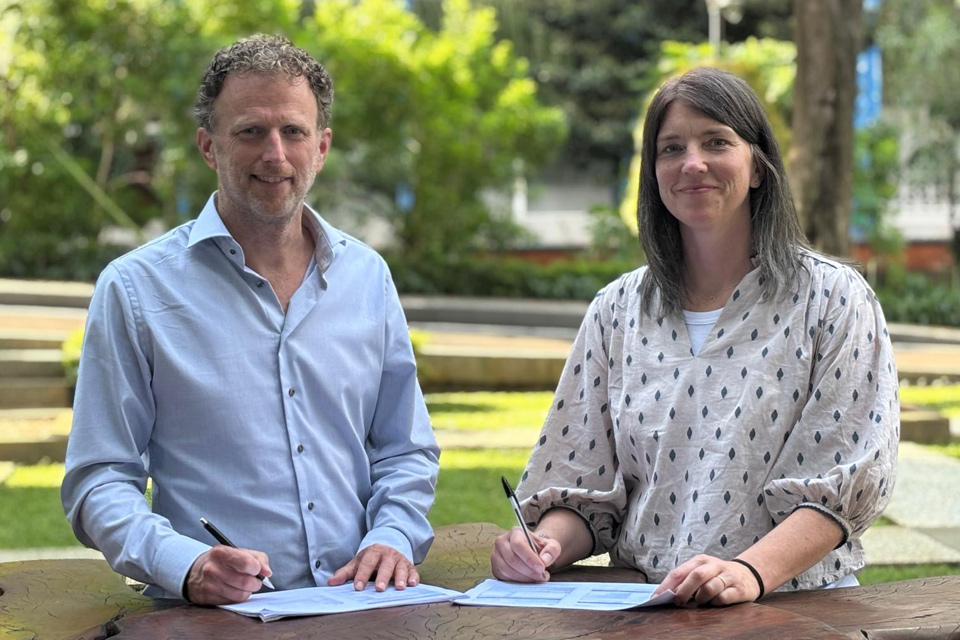
New collaboration aims to improve availability of real-time hazard impact data
19/06/2025
BGS has signed a memorandum of understanding with FloodTags to collaborate on the use of large language models to improve real-time monitoring of geological hazards and their impacts.
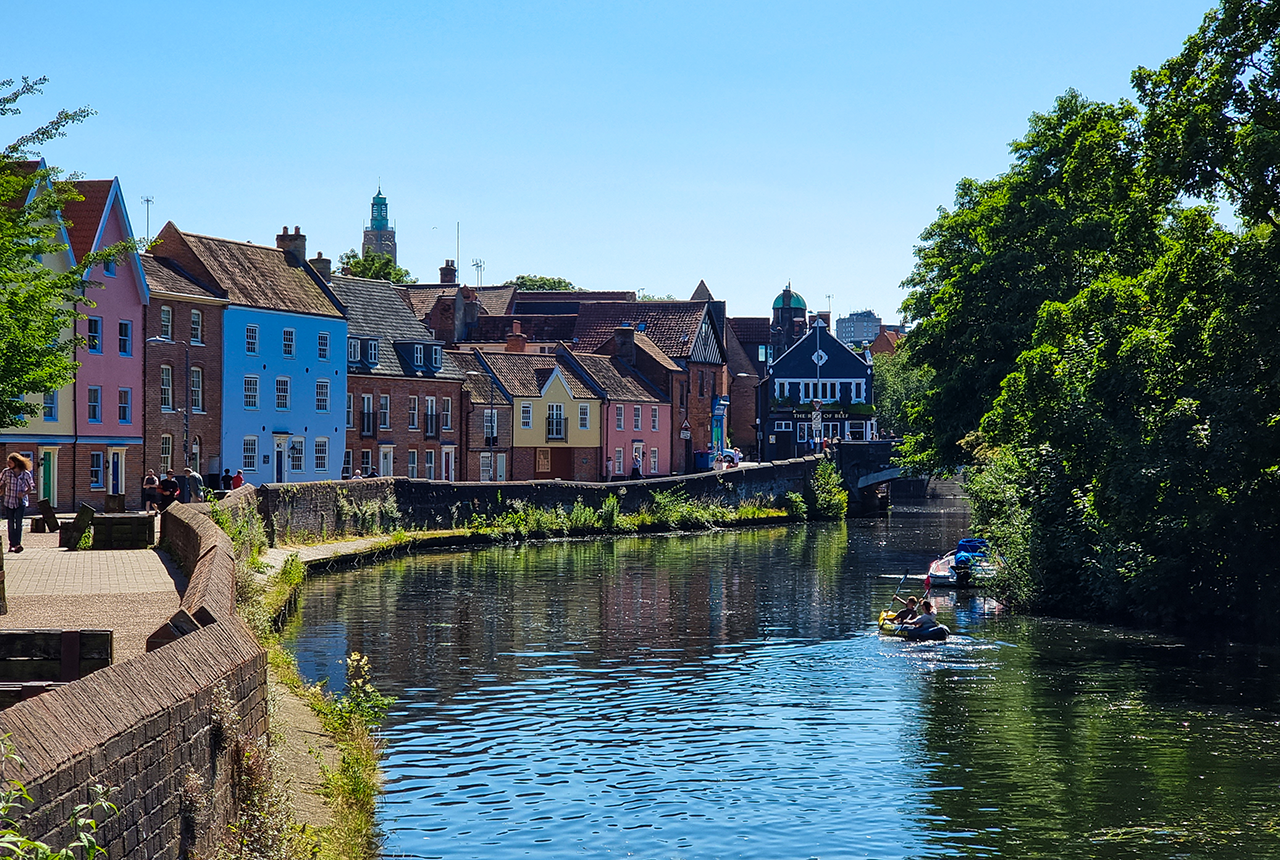
Modern pesticides found in UK rivers could pose risk to aquatic life
17/06/2025
New research shows that modern pesticides used in agriculture and veterinary medicines have been found for the first time in English rivers.

Goldilocks zones: ‘geological super regions’ set to drive annual £40 billion investment in jobs and economic growth
10/06/2025
Eight UK regions identified as ‘just right’ in terms of geological conditions to drive the country’s net zero energy ambitions.
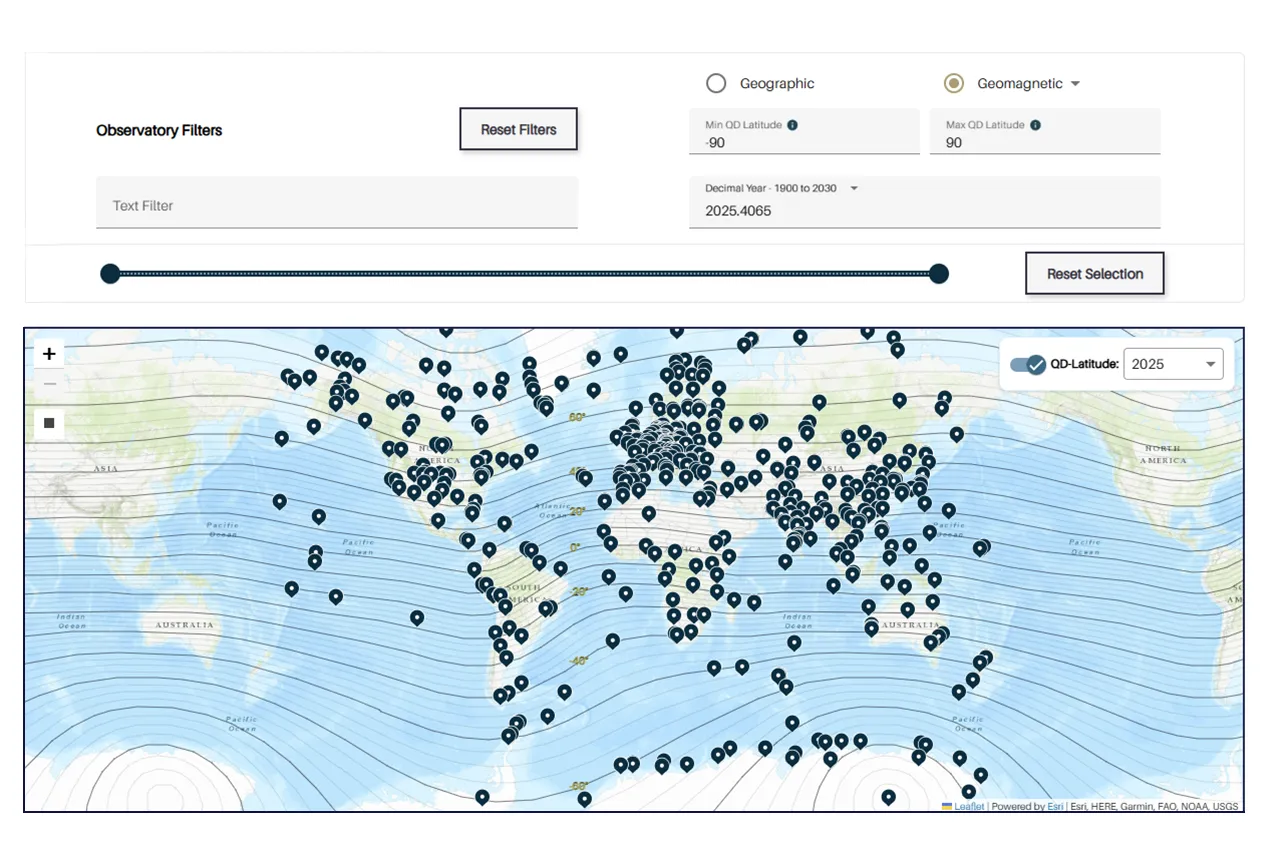
Upgraded web portal improves access to geomagnetism data
02/06/2025
BGS’s geomagnetism portal, which holds data for over 570 observatories across the world, has received a significant update.

BGS digital geology maps: we want your feedback
29/05/2025
BGS is asking for user feedback on its digital geological map datasets to improve data content and delivery.

What is the impact of drought on temperate soils?
22/05/2025
A new BGS review pulls together key information on the impact of drought on temperate soils and the further research needed to fully understand it.
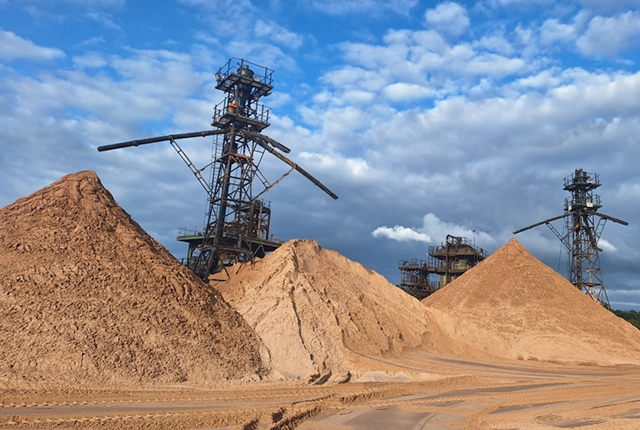
UK Minerals Yearbook 2024 released
21/05/2025
The annual publication provides essential information about the production, consumption and trade of UK minerals up to 2024.

BGS scientists join international expedition off the coast of New England
20/05/2025
Latest IODP research project investigates freshened water under the ocean floor.

New interactive map viewer reveals growing capacity and rare earth element content of UK wind farms
16/05/2025
BGS’s new tool highlights the development of wind energy installations over time, along with their magnet and rare earth content.

UKRI announce new Chair of the BGS Board
01/05/2025
Prof Paul Monks CB will step into the role later this year.




